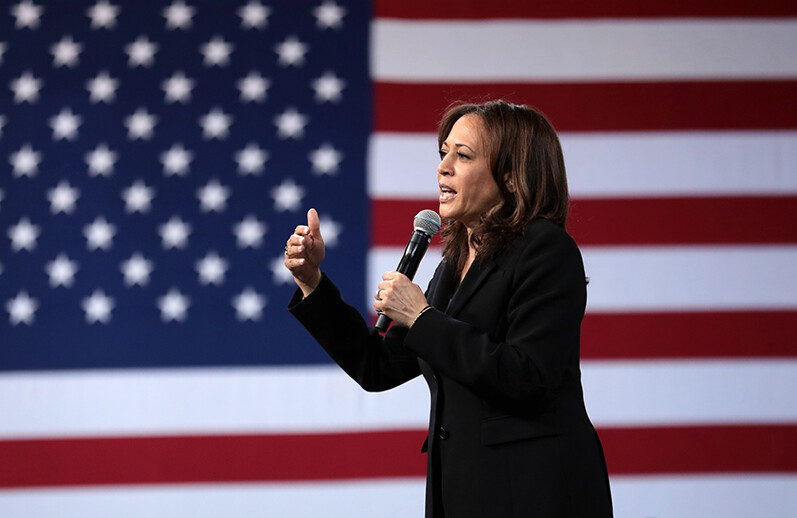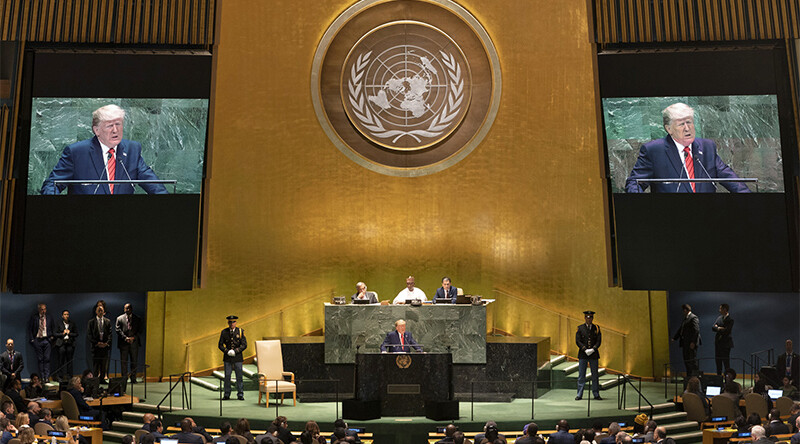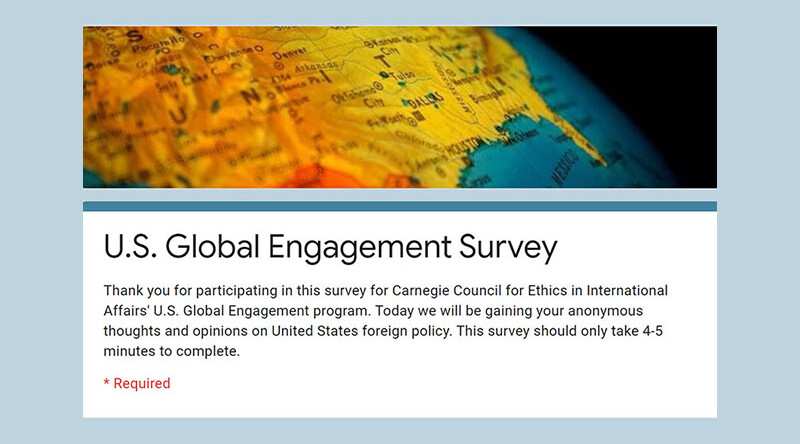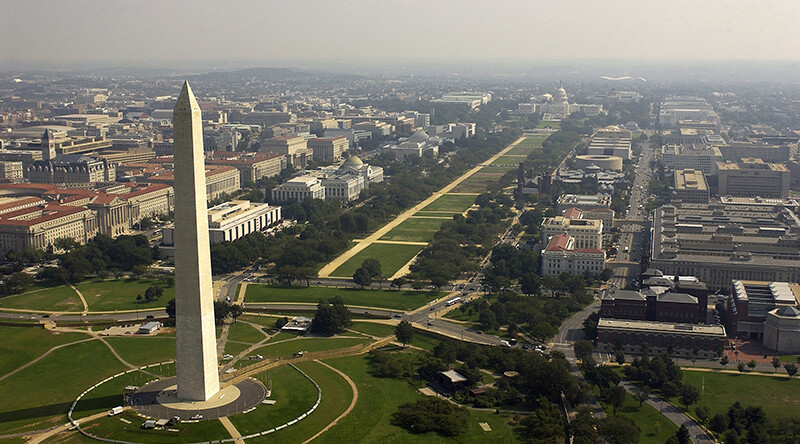This article first appeared on the Ethics & International Affairs blog.
The selection of Senator Kamala Harris (D-CA) to be the presumptive vice-presidential nominee of the Democratic Party for the 2020 elections represents a series of shifts: she is the first member of Generation X (President Barack Obama is more properly described as a member of "Generation Jones"—the last wave of the Boomers) to advance this far, as well as being a daughter of immigrants and a woman of color. Do these identities and experiences, however, shape her views of foreign policy?
For most of her political career, Harris has been focused on domestic issues, particularly those dealing with law enforcement and regulation. Nevertheless, as she has gained more prominence on the national stage, she began to articulate a foreign policy vision for America's engagement in the world. It is summed up in a series of answers she provided to the Council on Foreign Relations.
Harris falls strongly within the ranks of the "chastened restorationist" camp (as identified by the Carnegie Council report on competing narratives for U.S. global engagement). She is restorationist to the extent that she advocates for a return to pre-2016 policies (the Paris climate change accords, the Iran nuclear deal) and back to a position of forward engagement in Europe and other parts of the world. But, as with others who have digested the lessons of 2016, her restorationism is tempered; the signature strategic initiative of the Obama administration, the Trans-Pacific Partnership trade deal, should be pursued only to the extent it benefits American workers and interests and also advances environmental concerns.
She does call for a degree of reorientation—for instance, paying more attention to the Global South, but without indicating whether this would require less of a focus across the Atlantic. She also identifies two very difficult balancing acts: decreasing involvement in Afghanistan without jeopardizing the rights of women, and pursuing climate change cooperation with China without compromising on human rights—but does not give much of a sense of her calculus as to which issue should carry more weight. For points of comparison, a poll conducted by the Carnegie Council earlier this year indicated that if a peace deal in Afghanistan that would not secure equal rights for women but would permit withdrawal of United States forces and give guarantees on terrorism were on the table, 41 percent would support, 31 percent would oppose, and the remainder remained unsure. On the China question, if asked to prioritize human rights and democracy over agreements with China including on climate change, over 61 percent rejected that approach, while only 29 percent were in favor (the rest were unsure). It remains to be seen how Harris would advise a future President Biden, or how she would conceptualize the trade-offs, once in office.
Despite the unity conferences, Joe Biden is not extending, in foreign policy matters, a compromise approach that would be more skeptical about U.S. global engagement and call for a degree of retrenchment. Harris may come from a different set of backgrounds than Biden, but it seems that their thinking on foreign policy is largely in alignment.





